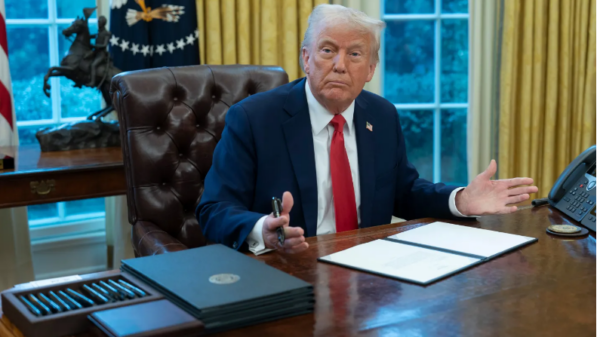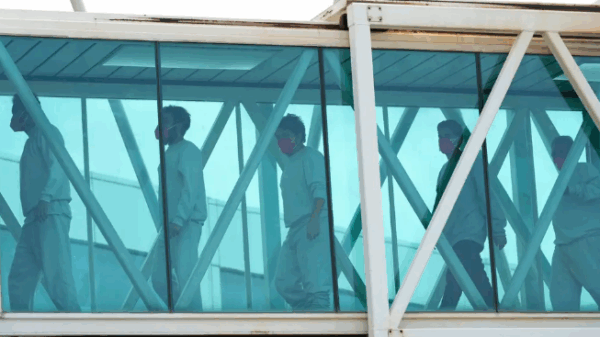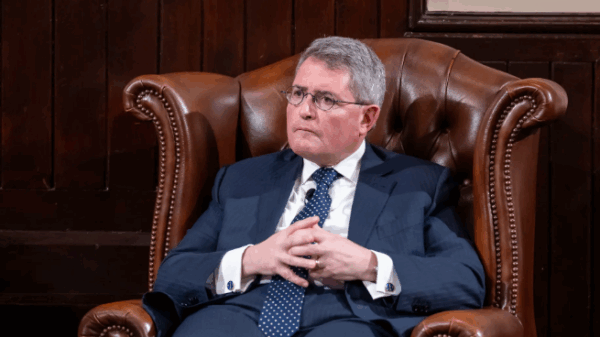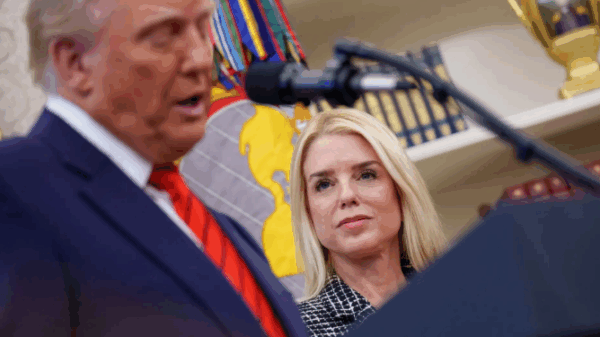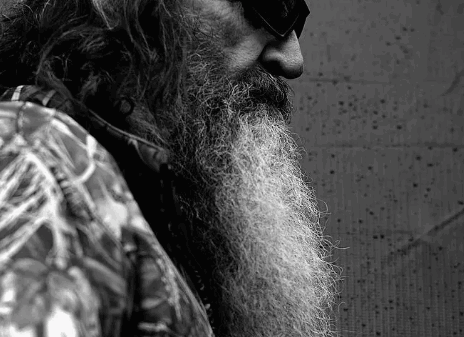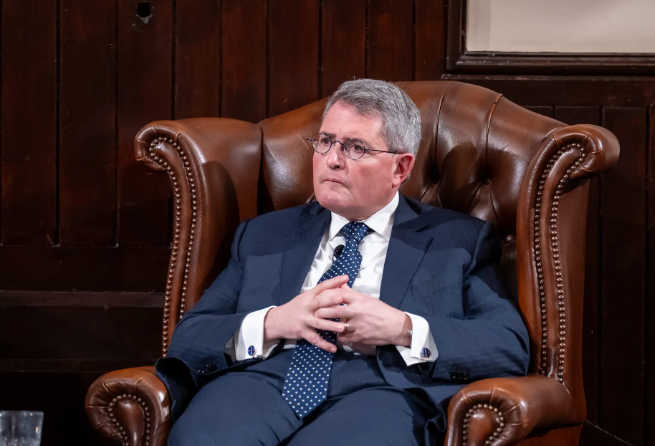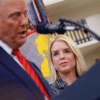Former President Donald Trump has launched a scathing attack on Leonard Leo, the influential conservative legal activist who once helped shape one of Trump’s most touted presidential legacies: reshaping the federal judiciary.
In a fiery post on Truth Social Thursday, Trump described Leo as a “real sleazebag” and a “bad person who probably hates America.” The outburst came in the wake of a federal court ruling that struck down a significant portion of Trump’s tariff regime, dealing a blow to his second-term economic agenda.
“I was new to Washington, and it was suggested that I use The Federalist Society as a recommending source on Judges,” Trump wrote. “But then realized they were under the thumb of Leonard Leo… I am so disappointed in The Federalist Society because of the bad advice they gave me on numerous Judicial Nominations.”
The comments mark a stark reversal from Trump’s earlier praise for Leo and the Federalist Society. During his first term, Trump worked closely with Leo, then executive vice president of the conservative legal organization, to select judicial nominees. That collaboration led to the appointments of three Supreme Court justices—Neil Gorsuch, Brett Kavanaugh, and Amy Coney Barrett—cementing a conservative majority on the nation’s highest court.
Trump once hailed his judicial appointments as “one of the greatest achievements” of his presidency. But sources close to both camps say tensions have simmered since the 2020 election, when the justices selected with Leo’s input declined to intervene in efforts to overturn the results.
Leo, for his part, struck a conciliatory tone in response to Trump’s broadside. “I’m very grateful for President Trump transforming the Federal Courts, and it was a privilege being involved,” he said in a statement. “There’s more work to be done, for sure, but the Federal Judiciary is better than it’s ever been in modern history, and that will be President Trump’s most important legacy.”
Founded in 1982, the Federalist Society is a powerful legal network promoting originalist interpretations of the Constitution. Under Leo’s leadership, it became a dominant force in conservative judicial nominations, often cited as the backbone of Trump’s legal strategy during his first term.
However, signs of strain have emerged. A group affiliated with Leo recently challenged Trump’s use of the International Emergency Economic Powers Act to impose tariffs—a key component of his second-term economic plan. That legal challenge coincided with this week’s ruling from the U.S. Court of International Trade that found Trump had exceeded his authority in issuing those tariffs.
Trump’s frustration has since spilled over into public rebukes of both the judiciary and his once-trusted advisers. Despite this, he closed his social media post with a note of hope: “Hopefully, the Supreme Court will reverse this horrible, Country threatening decision, QUICKLY and DECISIVELY.”





